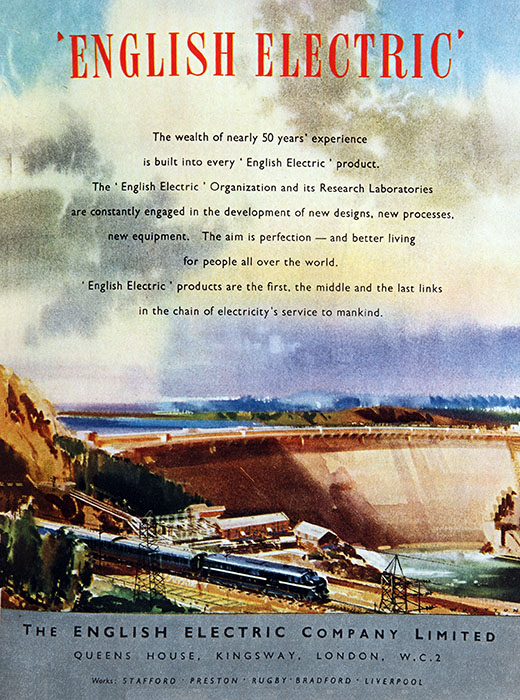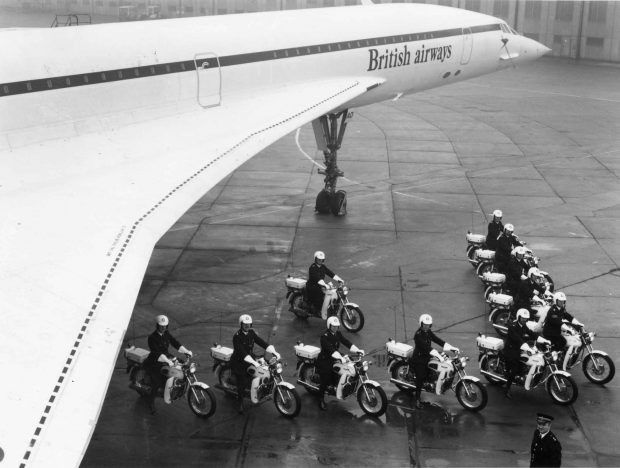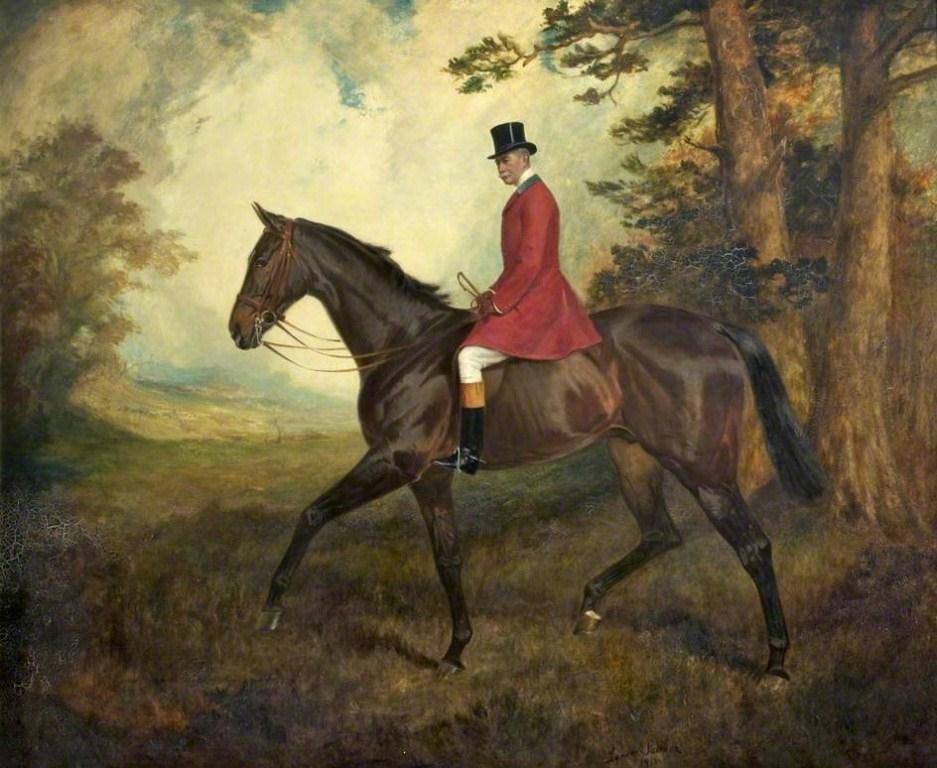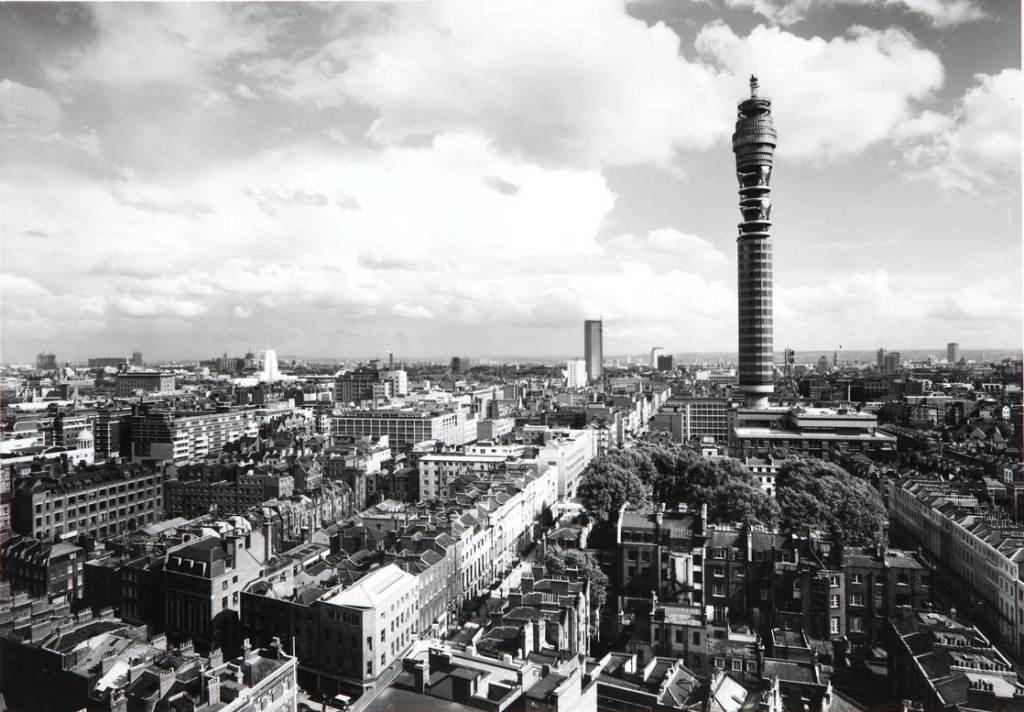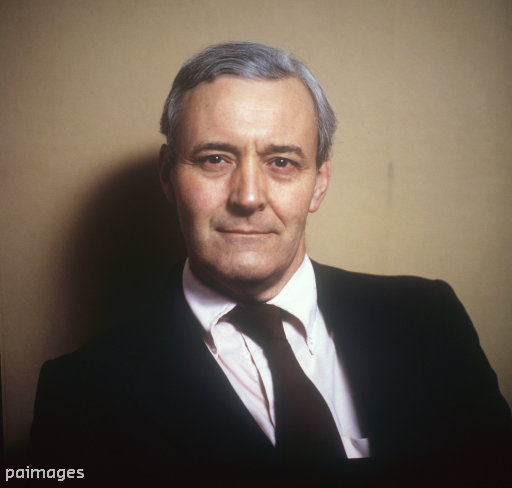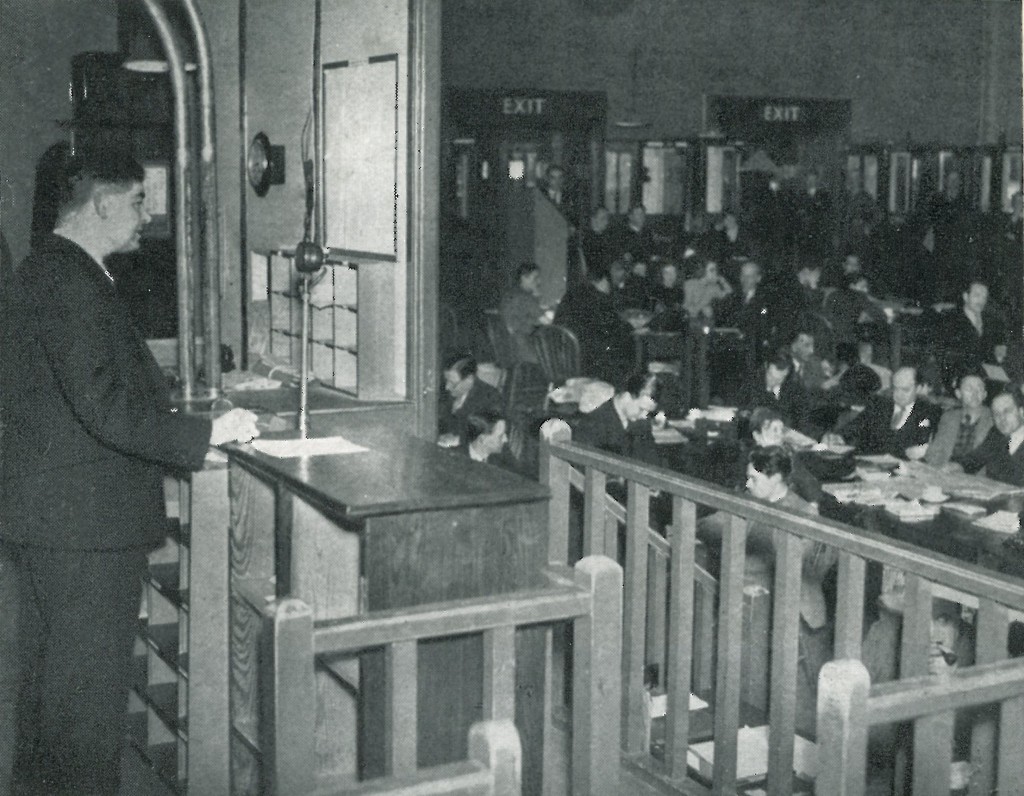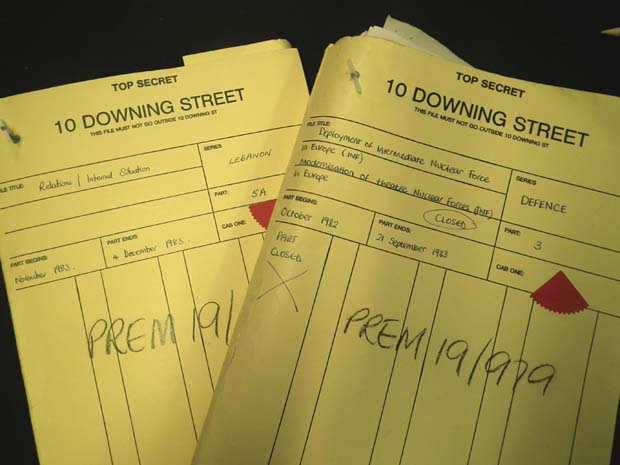Home affairs
On winning the 1964 election the new Labour government adopted an interventionist industrial policy. By the late 1960s a policy of amalgamation through merging firms was intended to deliver companies which could compete on a global basis, but the outcomes did not always match expectations.
Fifty years ago, Concorde made its first test flight in Britain. This supersonic aircraft has attracted considerable public interest over the years. Learn about Concorde's troubled history, and Tony Benn's amusing intervention in a diplomatic argument concerning the spelling of the aircraft's name.
Gifts to the State can present interesting challenges, particularly if they are alive and quite possibly kicking. For whom, ultimately, is the gift intended? And, who is responsible for looking after the gift and ensuring that it delivers the anticipated …
When the Post Office Tower was officially opened on 8 October 1965 by Prime Minister Harold Wilson, it was Britain’s tallest building. It was also seen as a symbolising a new, exciting technological revolution and a new spirit of optimism, …
How should a responsible government deal with the threat of military invasion? This question is not one that many British governments have had to consider. Yet for a 12-month period after May 1940 it was one that exercised those in …
...the atmosphere at the meeting and the spirit in which decisions were made. He depicts the sense of mounting concern within the government as well as the political dimensions of...
Britain’s involvement in the Second World War began at 11am on 3 September 1939. The declaration came after eleven days of mounting international tension and was just one part of a flurry of governmental activity. Over three million people had …
The instruction to ‘Keep Calm and Carry On’ has become one of the most recognisable slogans in British history. The phrase has reinforced a popular view of life in the Second World War and has been reproduced on everything from …
If I told you that records of 30 years ago have just been released, would you immediately think that records such as ‘Karma Chameleon’ (Culture Club), ‘Every breath you take’ (The Police) and ‘Down under’ (Men at work’) had been …
...announced his plan to marry the American divorcee Wallis Simpson. The marriage was unpopular with many in Parliament and the Church of England. The Cabinet rejected the King’s compromise solution...
